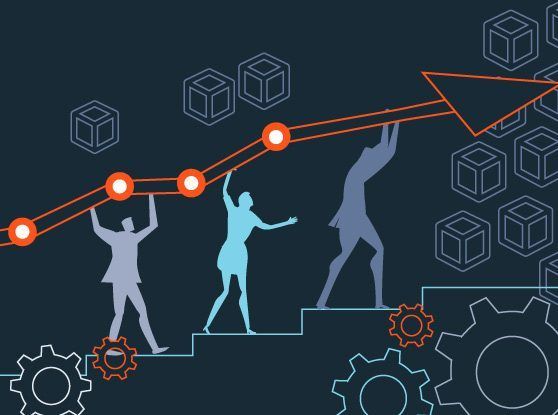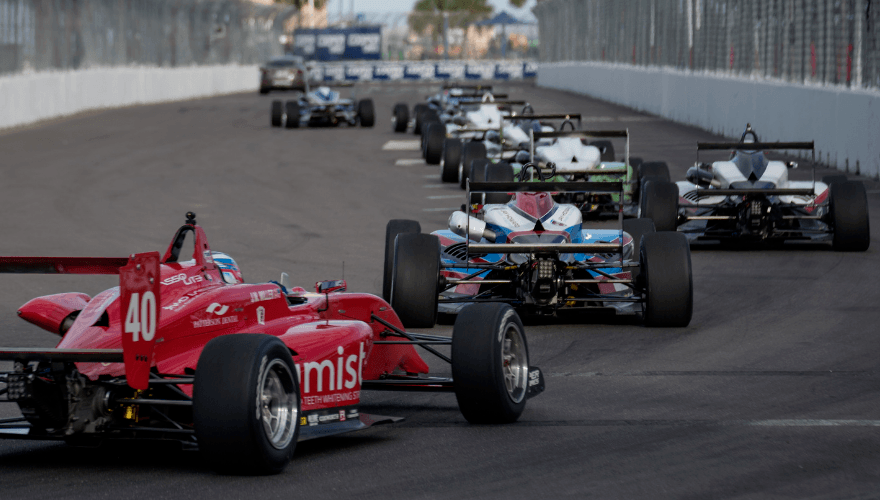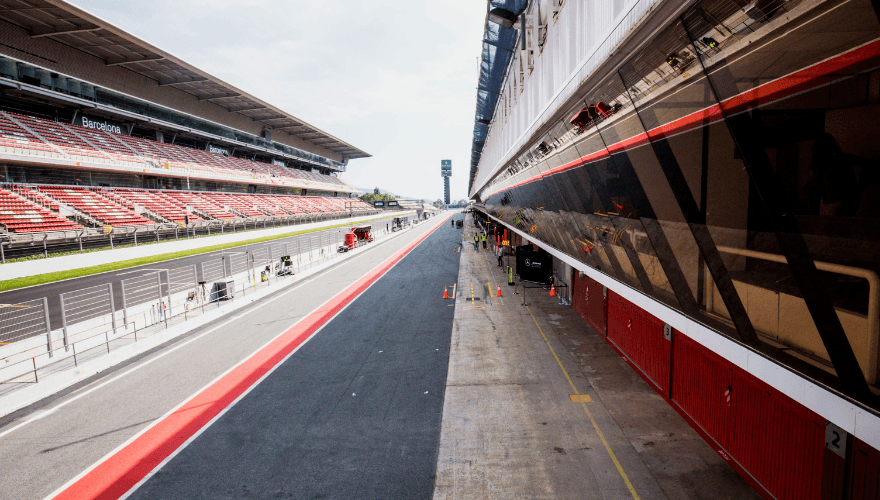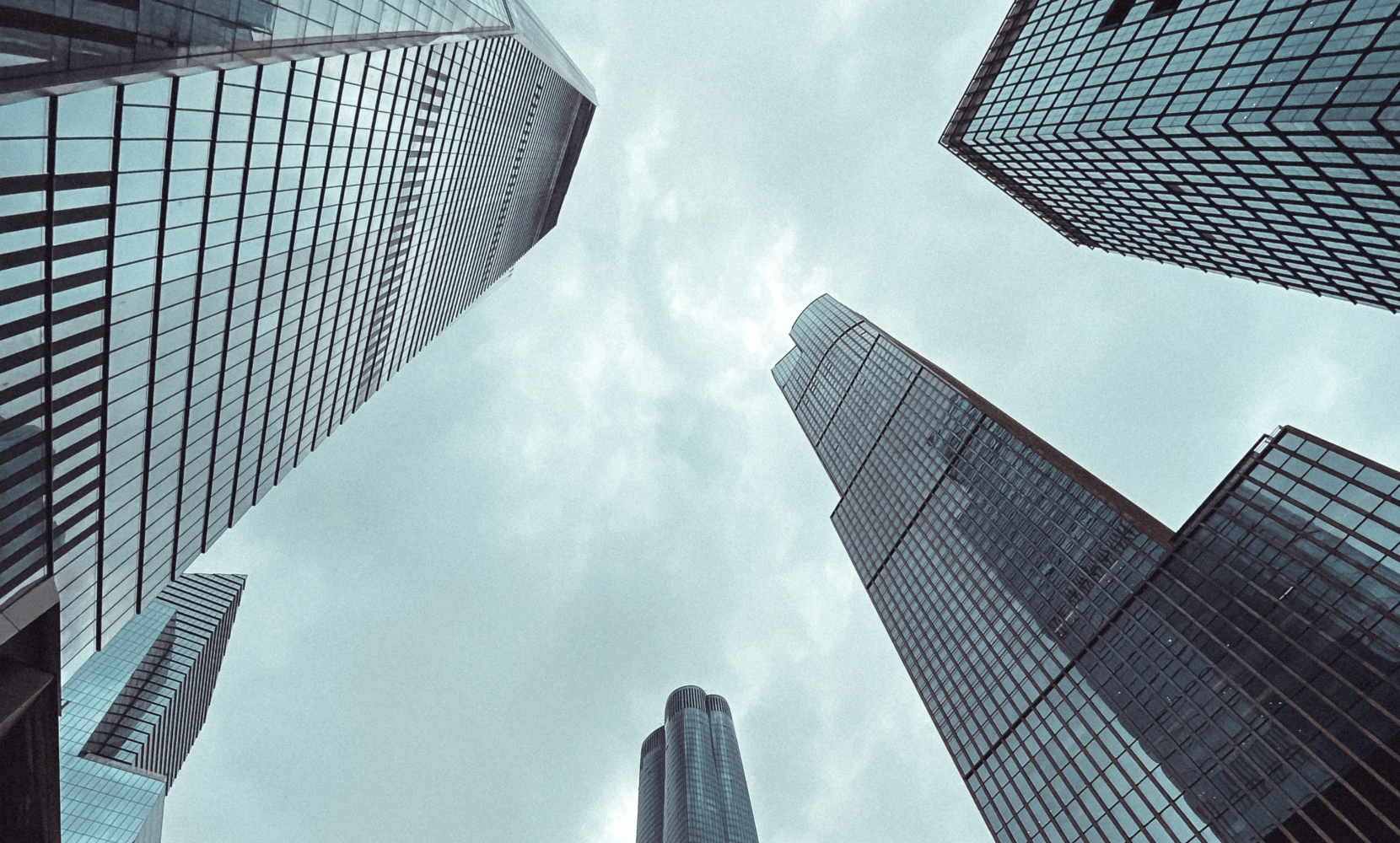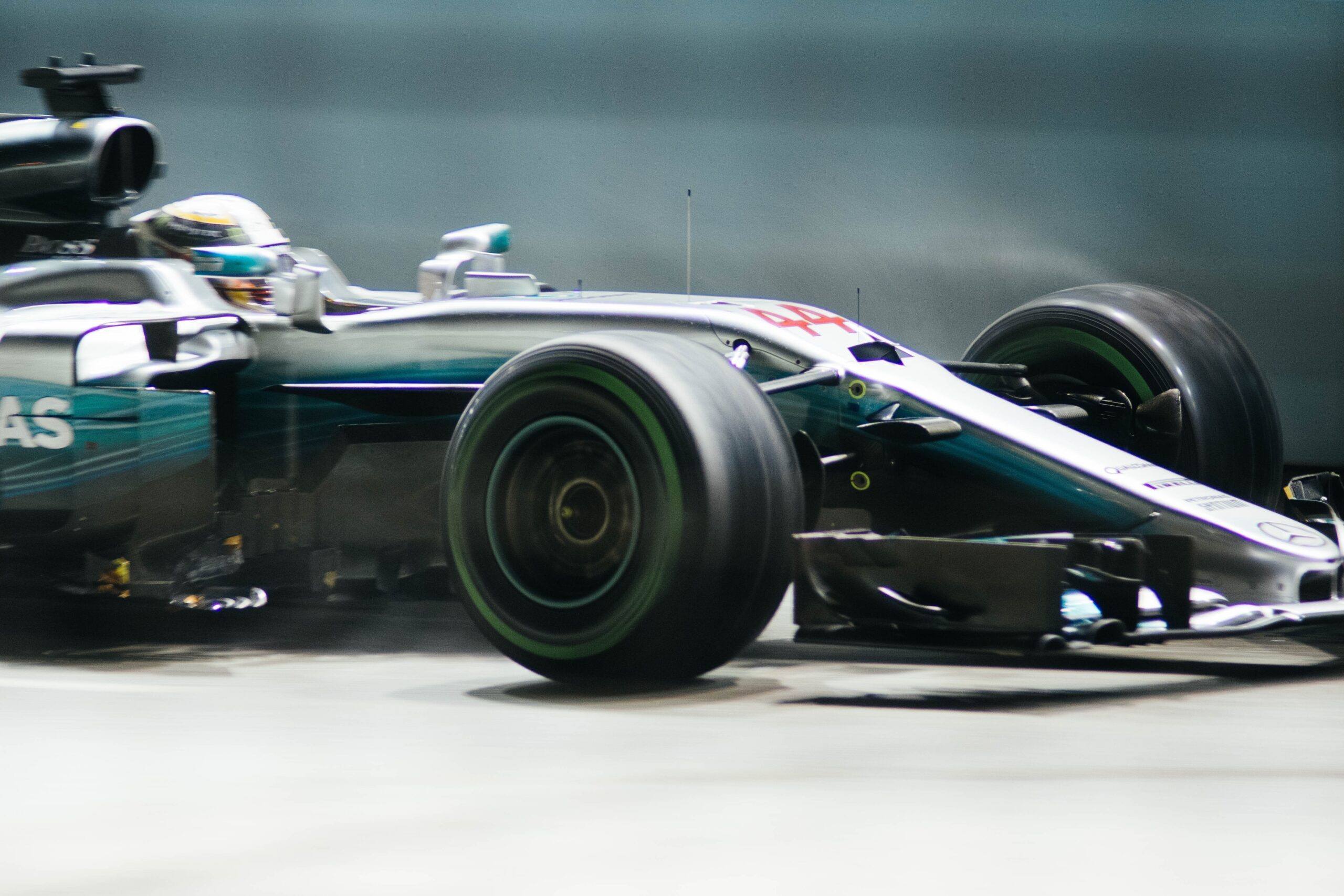Insight's Growth Gurus series showcases inspiring leaders from our portfolio of growth-stage software and internet companies. In this interview, we sat down with Michael Wystrach, Co-Founder and CEO of Freshly, a ready-made meal delivery service focused on making eating healthier easier than ever by delivering nutrient-dense, professionally-prepared, affordable meals straight to your doorstep.
How did you get started with the business? Was there a person or inflection point in your career that accelerated your success?
I grew up in a family where my parents were entrepreneurs, so the idea of entrepreneurship has been in my blood since I was born. I never questioned that I was going to get into business and that I was going to have my own company, which I believe is the reason that almost all of my siblings run their own businesses. It was first nature for us.
What inspired you to create Freshly?
I spent three years in investment banking in New York. After working long hours and eating horribly unhealthy food, I started to gain weight and wasn't seeing the same results in the gym. My doctor advised me to eat healthier, but I didn't enjoy cooking. So I said to him, “Why don't you draw me up a menu?” I had access to my parents' restaurant, so I gave the menu to the chefs, they cooked it, and I brought it home in to-go kits. Fast forward sixty days, I am in the best shape of my life.
At first, I wasn't trying to create a business, but rather solve a problem; I wanted to eat healthier but didn't know where to start or have the time to cook. Freshly was created to make eating healthier easier…We do that by using nutrient-dense ingredients in every meal and apply “stealth health” to everything we do. Meaning, we make the healthy ingredient swaps to every recipe so you’re getting the most out of every bite and cutting out the things that typically make dishes not so great for you.
In the early days of Freshly, what challenges did you face and how were you able to face them efficiently?
What's great about Freshly is what we are doing isn’t easy; there's no roadmap.
I still remember when we moved into our first kitchen, which was a large production facility. We had $4,000 in the bank and our rent the next month was going to be $6,000, but failure wasn't an option. Those first few months, my co-founder, Carter, and I literally ate eggs and beans for every meal and lived on $10 per day, combined. Our motto has been, “figure it out, make it happen.” A lot of the fun of Freshly is asking ourselves, "how do we do something that's never been done before?" That usually means a bunch of people working their rear ends off to make it happen.
What is it about your business model and go-to-market strategy that has allowed you to scale amid a slew of other companies that have seemingly struggled from the outside view?
What differentiated Freshly is that many of the companies in this space were solving different portions of the equation, but they weren't solving a key problem, which is that people are time-constrained. Instead of giving you the homework assignment of cooking, Freshly provides you with a meal that's affordable, healthy and delicious, and can be made in less than three minutes.
When you look at other companies in our space like Munchery, Sprig, or Spoonrocket, their business models fundamentally were challenged. They were trying to be a restaurant and a delivery company. When you look here in New York, Maple did a great job and their food was great, but when you have 26% waste it's going to be very hard to make that business model work.
When you start a company with your own money, you get very disciplined about how do you build a real business. How do you make sure that you have margins? How do you make sure that you build a sustainable business? Carter and I, while we didn't think it at the time, we're very fortunate that we didn't have money because we had to be very focused on the unit economics. Fundamentally, the business had to work, which has been our benefit.
As a CEO of a fast-growing business, how have you personally evolved as a leader?
What I've learned is that as the company scales, the kind of leader that I need to be changes every year. First and foremost, a CEO needs to be receptive to feedback and open to evolving. You have to listen to advisors, close board members, and others who give you feedback. You have to spend time with different mentors. I also strongly recommend, in some degrees, getting coaches.
This is an exciting era to be a startup leader because there's so much access to information on different startup leaders. You can learn from both success and failures of CEOs who didn't scale with their businesses, had challenges, and how to avoid those. I would never say that my journey is complete. I'm learning every year; I'm getting better every year. It's not always smooth, but it's my obligation, as this company scales and hits new milestones, it's always my obligation to become a better leader for this organization. You've got to put a lot of work into that and really focus on doing that.
Take us through a typical day of you as a CEO.
One of the things I realized early about myself is that it's really important that I'm in a good mental, emotional state every single day. As a leader, you have to have a foundation because every single day as a CEO, there's numerous things thrown at you and you have to be in a good spot.
First and foremost, it starts with a great night of sleep, so I'm usually in bed by 8:30pm. I wake up at 4:30am, walk my dog, take a CrossFit class, get into the office by 7:00am and read the Wall Street Journal, front to back. And then my day starts out. The first hour of my workday starts with emails because after that, my day gets away from me. Around 7:30pm, I'll leave the office, shut down my phone and give myself some spatial separation before going to bed. Then rise and repeat.
There's that saying whenever you're in a plane, put your oxygen mask on first. That’s highly applicable to myself as a CEO and anyone else in a leadership position. One of your big responsibilities to your organization is to make sure that you are in a mental state to handle the stress that you will incur as the CEO. That means that you are eating right, you're sleeping right, you're exercising; those will give you the solid foundation you need to take on the challenges that you will see as a CEO. So I put a lot of effort and importance into me maintaining my health. I'm fortunate that I have Freshly to eat so I've got the nutrition portion taken care of.
As a boostrapped company, why did you decide to fundraise? What factors were most important to you in choosing which partners to work with?
To start, we had to ask ourselves what our desired outcome was and what we wanted to build because that's really important with the partner. Our goal was that we wanted to completely revolutionize the way that Americans, and eventually the world, viewed food companies and improved their health. Given our big aspirations and goals. it was really important for us to find the right investors who believed in that outcome.
We initially raised with Highland Capital Partners and Bob Davis, who built and sold Lycos for $12 billion. Bob is a big thinker who is similarly passionate about food tech and distribution. We also wanted a partner whose eyes are wide open to the challenges that we're going to face but was excited to join us on that mission.
How do you plan to utilize your funding to further scale the company?
We see a tremendous opportunity to continue to change how people think about health in America. In this day and age, we can leverage technology and personalization data to tackle this challenge and make it easy for consumers to live a better life. Our goal is to be a standalone company for a long time. In the nearer future, we see us building a massive company that changes food and the way people view healthy eating. And we'll work, whether that's towards an IPO or private round, to continue to build this company and develop new ways to solving problems for our consumers.
Food is roughly a $1.2 trillion market. The top ten CPG companies in food are 150 years old on average. We like to say this is the ‘97 of food and a revolution is about to happen. We're excited to be apart of that and, as a consumer, I'm looking forward to this transformation happening.
FIRE ROUND QUESTIONS
At the end of your career, what do you ultimately want to be known for?
I want to be known as the Founder of Freshly, the company that changed the food game.
Finish the sentence. I'm a great leader, if I....
Use my two ears and mouth proportionately. I still have to work on that.
What's your favorite Freshly meal?
The Korean-style Chicken Bibimbap, which is a new dish that we have out.. It’s got beans, rice, carrots, edamame, we used natural sweeteners instead of refined ones typically found in the sauce used in this dish for added nutrition.It's just a really fun, healthy twist on a classic, beloved dish.





